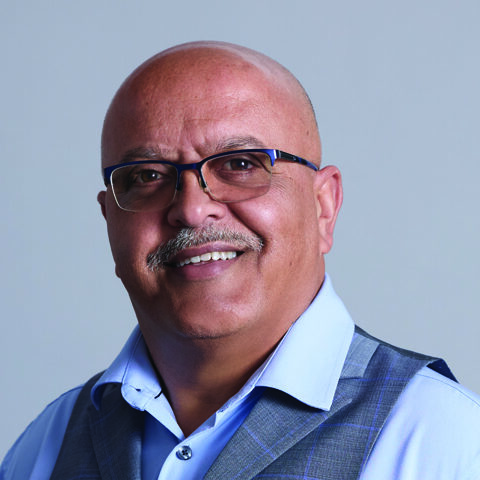Mohammed Abu-Orf
PhD
Both wealth and education were in short supply in Gaza’s refugee camp in Palestine, where Mohammed Abu-Orf was raised. Access to good education was always in doubt, and even basic resources were not guaranteed. “We had to collect water from a centralized location in buckets and bring it home… There was no sewer system, no sanitation.”
Coming to the U.S. in the 90s, Mo did graduate work at the University of Delaware in Environmental Engineering because, “Chemistry, biology, physics, with engineering, that’s really what it is: the science,” and it was there that he became interested in biosolids. During those grad school years, Mo submitted papers to the WEFTEC student competition and became the first back-to-back winner of that competition. He calls this the achievement that made him a scientist.
These days Dr. Mo is looking at two specific aspects of the biosolids field. The first is trying to get the industry to understand the importance of the floc strength effect on dewatering, something he wishes was more widely recognized. The other is the exciting innovations in PFAS removal, a field in which he is confident that Hazen is leading the industry.
When he is not working on the problem of treating biosolids, Dr. Mo is at home with his wife, gardening and raising chickens, and seeing his three children—a lawyer, a nurse, and now a third college graduate—continue the tradition his father passed to him, of pursuing education and a restless curiosity beyond what is already known.

